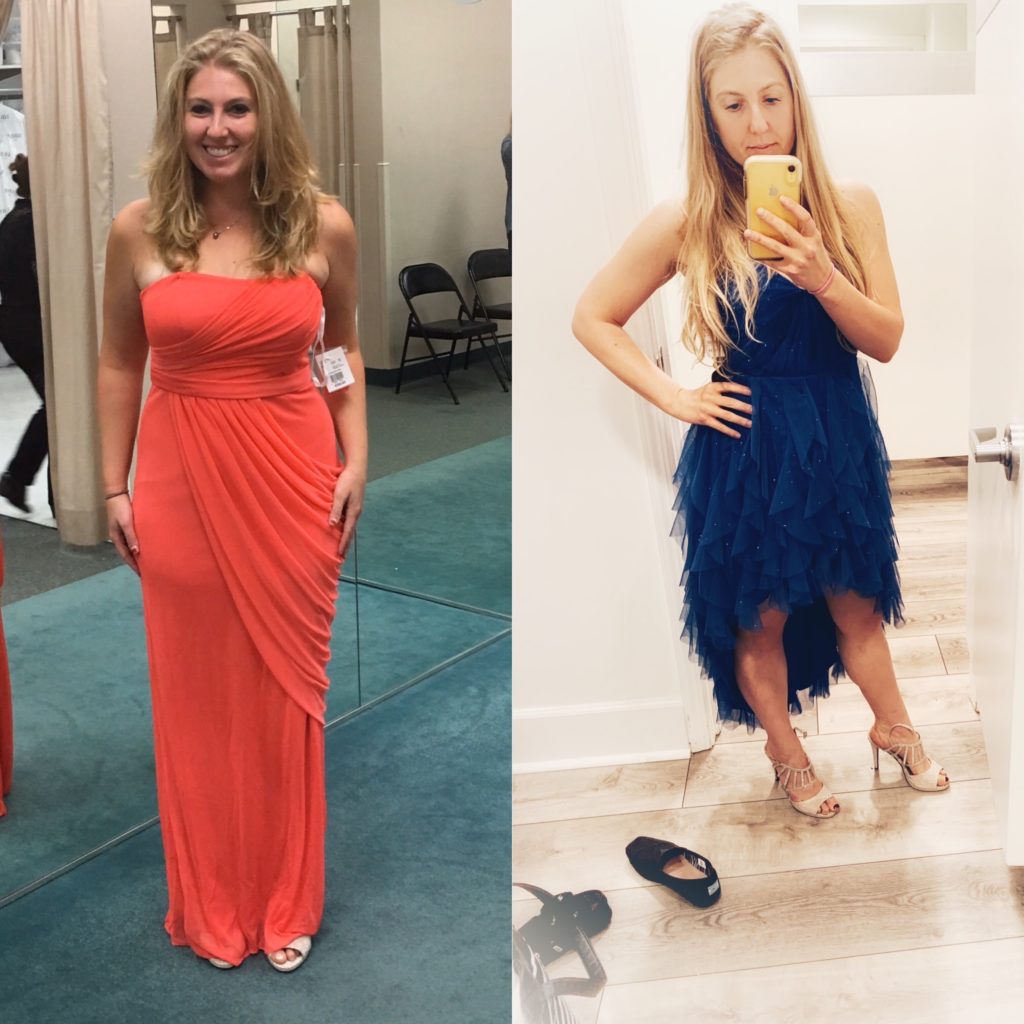
Many people struggle to make long term changes to their eating. This is unfortunate, because numerous chronic diseases are directly tied to diet and lifestyle. Research has found “convincing or probable evidence” linking high BMI [body mass index] to “20 health outcomes including ischemic heart disease, ischemic stroke, hemorrhagic stroke, hypertensive heart disease, diabetes mellitus, chronic kidney disease, esophageal cancer, colon and rectum cancer, liver cancer, gallbladder and biliary tract cancer, pancreatic cancer, breast cancer, uterine cancer, ovarian cancer, kidney cancer, thyroid cancer, leukemia, knee osteoarthritis, hip osteoarthritis, and low back pain.”
A great starting point for figuring out what and how to eat is Dr. Michael Greger’s book How Not To Diet. Although I don’t agree with everything he advises, I also think Mark Hyman’s Pegan Diet can be a helpful dietary starting point especially if you are trying to break addictive eating behaviors. Joel Fuhrman also has excellent dietary recommendations.
The two most basic things you can do to improve your diet and your overall health are:
1. Give up processed, refined foods and added sugars.
2. Eat a lot of non starchy veggies.
I also think it can be helpful to understand what is driving your eating. The primary forces are biology/physiology, the food industry/food environment, and psychology/emotions.
The food industry (especially the processed food industry) is powerful and does not have your best health and weight interests in mind. Factory farmed meat is incredibly unhealthy. I could go on and on about issues with the food system/food environment. Since we can’t change the food industry overnight, let’s focus on what you have power over right now: the food you choose to eat and the way you choose to eat it.
When it comes to being able to sustain diet changes long term, I think wanting to change is very important. Giving up addictive foods and patterns of eating can be very challenging physically and emotionally.
Added sugar and processed junk food should simply cease to exist for you (especially if you are obese or overweight). Period. These foods are not good for your physical or your mental health. Your diet significantly impacts the physiological basis of your cravings. According to Dr. Robert Lustig, there is “strong evidence that certain foods can trigger binging, craving and withdrawal, responses that are similar to those produced by addictive substances like alcohol, cocaine and tobacco.”
In his recent book Eat For Life Joel Fuhrman, MD, writes “abstinence from food triggers is the secret to recovery from food addiction and related disorders. Abstinence is radical, but it produces the best and most consistent results with people who suffer from food addiction. It is easier to do this all the way because you are not going to be in continuous turmoil trying to make decisions over what to eat and whether you should cheat and how much you can get away with. When you have no decisions to make, and you have made the commitment to just do it, no matter what, a big emotional weight is taken off your shoulders.”
Note the very popular Atkins diet, the total opposite food-wise of a whole food plant based diet, also incorporates a period of abstinence. During the 2 week very low carb induction period, highly addictive foods are totally removed. There is no moderation.
Do not underestimate the power of food addiction. Joel Fuhrman writes in Eat For Life, “the decisions you have been making based on what you think you should eat and what you like to eat have gotten you into this health difficulty. Now all those decisions need to be mine, not yours, and you must eat what I want you to eat even if you don’t like it.” Find any way of eating that is grounded in real whole plant foods and emphasizes real whole high quality food and that you trust. Then, follow your chosen plan or program! I suggest looking for an eating plan developed by an MD or qualified PhD.
That’s the hard part isn’t it. The sticking to it when you’re stressed or bored or hungry or tired or on vacation or someone offers you fresh baked bread or you just want ice cream or…
There’s cake for Susan’s birthday and you don’t want to be the only one not eating cake because that’s too awkward so you give in and have a slice.
Someone wants to go out for pizza and since you just lost 10 pounds you think you deserve a cheat day. But you’ve got 90 more pounds to lose.
You might find it helpful to define what it is you value most: your health and wellbeing or the short term pleasure of eating refined/processed junk foods. To sustain change your desire to be healthy and lose weight must be much stronger than your desire to eat in a way that does not serve your health.
